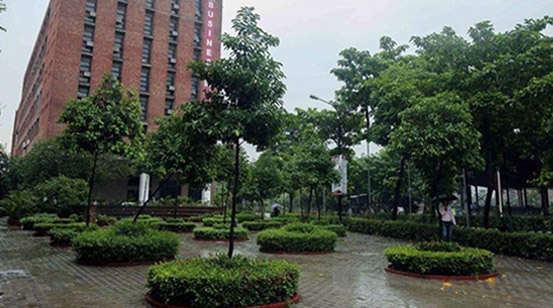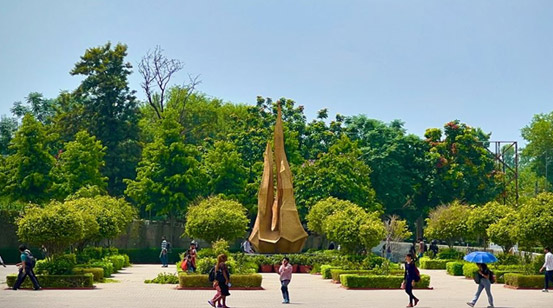
University’s Water-Conscious Landscaping Practices
University is actively advancing water-conscious planting practices to minimize water usage and promote environmental sustainability. The university has embraced several key strategies aimed at promoting sustainable landscaping and water conservation across its campus. By incorporating native and drought-tolerant plants into its landscaping designs, the university reduces the need for excessive watering and maintenance, allowing for a more resilient and eco-friendly environment. Additionally, the implementation of xeriscaping principles ensures that outdoor spaces are designed to conserve water while still providing aesthetic appeal. Smart irrigation systems have been integrated to optimize water usage, allowing for precise scheduling and monitoring that minimizes waste and ensures that plants receive only the water they need. Furthermore, the university has invested in rainwater harvesting systems that capture and utilize natural precipitation, further enhancing its ability to manage water resources efficiently. Together, these strategies not only contribute to the overall sustainability of the campus but also serve as a model for environmentally responsible practices, demonstrating the university's commitment to protecting the environment and fostering a culture of conservation among its community members. The campus features numerous drought-tolerant plant species Such as Date Palm, Bottle Brush, Casuarina Tree, Terminalia Tree, Jacaranda Tree, Amaltas Tree, Gulmohar Tree, Amla Tree etc.

Enhancing Campus with Native and Drought-Tolerant Plants
By selecting native and drought-tolerant species for its landscaping, LPU effectively ensures that the plants are well-adapted to the local climate, which significantly reduces their water and maintenance requirements compared to non-native varieties.This commitment to using native and drought-tolerant plants not only beautifies the landscape but also reinforces the university’s dedication to environmental stewardship and sustainability. Ultimately, these efforts create a vibrant, thriving ecosystem that benefits both the campus community and the surrounding environment, showcasing on water conservation through the use of drought-resistant plants, mulching to retain moisture, and minimizing turf grass areas. This approach reduces water usage and the need for chemical fertilizers and pesticides, fostering healthier ecosystems.

University Reduces Water Usage through Xeriscaping Landscaping
The university has implemented xeriscaping landscaping and the benefits of xeriscaping begin with water-conscious planting. This drought-resistant landscaping approach not only reduces water usage by up to 75%, thereby easing the burden on local water supplies, but also contributes to environmental conservation. Xeriscaping is an environmentally friendly landscaping practice that significantly benefits both the ecosystem and community health by requiring no fertilizers or pesticides, thus helping to eliminate pollutants that can contaminate drinking water sources. This sustainable approach to landscaping focuses on using drought-resistant plants that thrive in local climates, thereby reducing water consumption and maintenance needs.
Clean water and sanitation annual report
The attached Annual Report provides an overview of LPU Water-Conscious Plantation initiative, a testament to the university's commitment to water conservation and sustainability. Through this mindful approach, LPU has transformed the campus into a green oasis filled with drought-tolerant plant species, significantly reducing the need for irrigation. This report outlines LPU’s efforts in water security, detailing activities to enhance sustainable water management. It underscores the campus as a model for dedication to clean water, sanitation, and sustainable practices for all.
Click here



